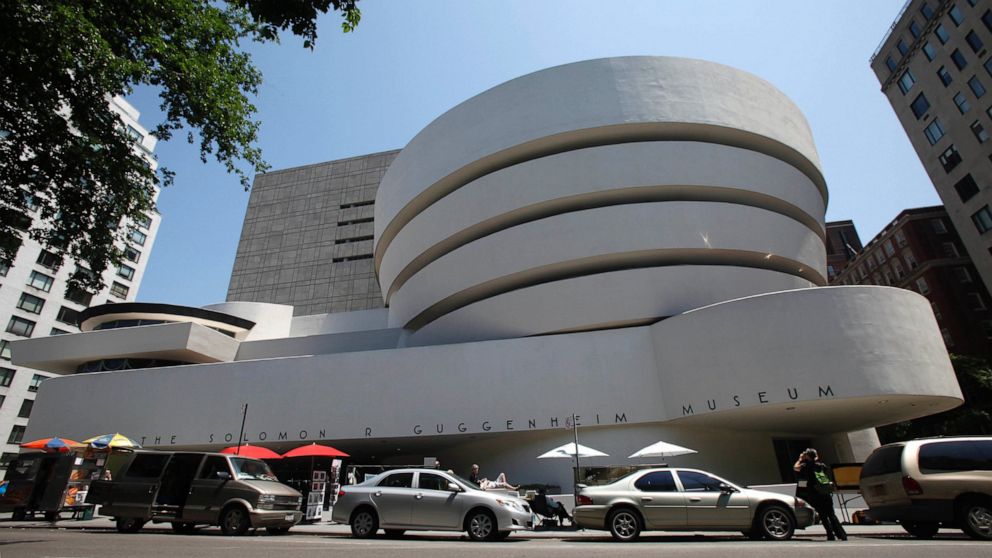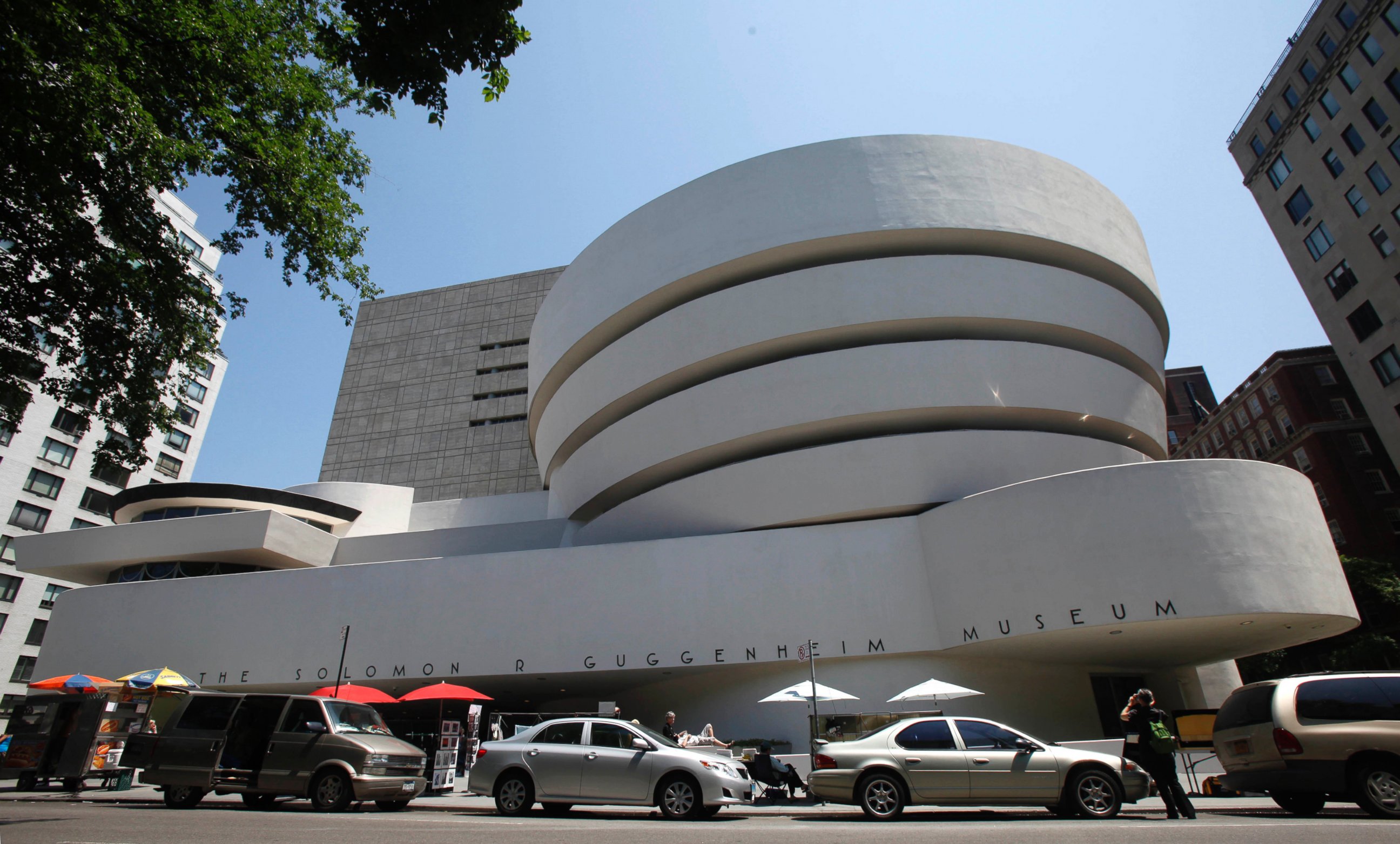Guggenheim Museum will no longer accept gifts from Sackler family, makers of opioid OxyContin

Despite having their name on the museum's education center, the Guggenheim said it will no longer be accepting gifts from the Sackler family, according to a statement given to ABC News on Saturday. The Sacklers own Purdue Pharma, the makers of the powerful and addictive painkiller OxyContin.
The rejection of the wealthy pharmaceutical name isn't the biggest problem facing the Sacklers -- the company is reportedly exploring bankruptcy as a way to protect itself against million-dollar lawsuits -- but it is a shot at the societal standing of the billionaire family.
"The Solomon R. Guggenheim Museum received a total of $7 million in gifts from members of the Mortimer D. Sackler family initiated in 1995 and paid out through 2006 to establish and support the Sackler Center for Arts Education, which serves approximately 300,000 youth, adults, and families each year," the museum said in a statement.
It added, "An additional $2 million was received between 1999 and 2015 to support the museum. No contributions from the Sackler family have been received since 2015. No additional gifts are planned, and the Guggenheim does not plan to accept any gifts."

The New York Times was first to report the shunning of the Sackler family.
The Guggenheim, founded in 1939 and known for its distinctive design courtesy of architect Frank Lloyd Wright, houses modern art from the likes of Pablo Picasso, Edgar Degas and many more.
Rejection by the Guggenheim was just the latest in a number of museums turning away a family that has donated millions to promoting art -- a cause close to late Purdue Pharma co-owner Mortimer D. Sackler. It was reported the Tate galleries in London made a similar decision one day prior.
London's National Portrait Gallery turned down a $1.3 million donation from the family earlier this week, according to The New York Times. The South London Gallery returned a $165,000 donation last year, The Art Newspaper reported.
Much of the attention given to the Sackler family's donations to museums has come from P.A.I.N. Sackler, an activist group dedicated to addressing the national opioid crisis and opposing the Sackler family specifically.
The group's mission statement asks that "museums, universities, and educational institutions worldwide remove Sackler signage and publicly refuse future funding from the Sacklers."
P.A.I.N. (Prescription Addiction Intervention Now) Sackler held a protest at the Guggenheim last month in which they showered torn-up prescriptions from the museums spiral walkway to the floor below and unfurled banners with their demands to stop funding.
The country's opioid epidemic claims the lives of more than 130 people each day, according to the National Institute on Drug Abuse. Of those, about 46 each day are attributed to prescription drug overdoses, including OxyContin, according to the Centers for Disease Control.
Purdue Pharma started producing OxyContin, generic name oxycodone, in 1995. The drug became a billion-dollar blockbuster for the company.
The Sackler family is listed as the 19th-richest in the world by Forbes at an estimated $13 billion.
However, the company is now facing 1,600 lawsuits from people who abused the medication and it is trying to settle some $10 billion in claims, according to The Wall Street Journal.
In a lawsuit against Purdue Pharma and eight members of the Sackler family filed by Massachusetts Attorney General Maura Healey in January, she alleges the Sackler family “made the choices that caused much of the opioid epidemic."
The company has called the allegations "misleading."
ABC News' Josh Hoyos and Aaron Katersky contributed to this report.



